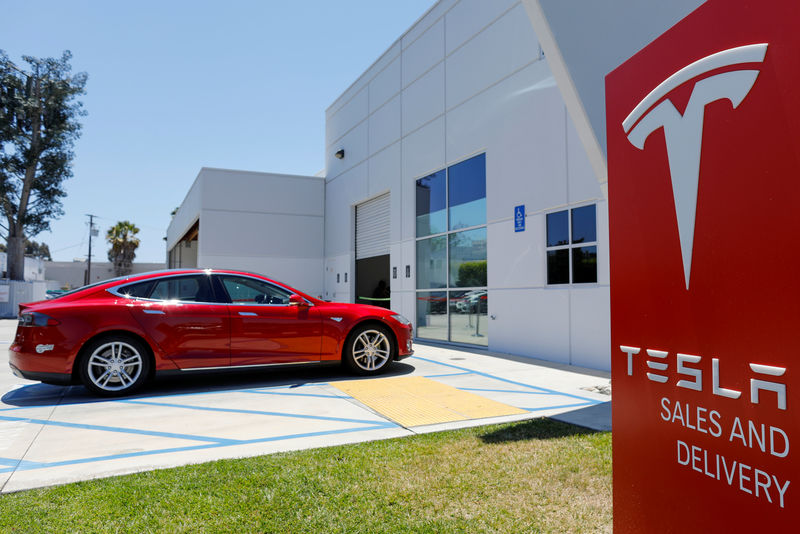Neuralink, the neurotechnology company co-founded by Elon Musk, has announced the approval of a new feasibility trial designed to integrate brain-computer interface (BCI) technology with an assistive robotic arm. The trial, named the CONVOY Study, is a significant move toward enabling individuals with severe physical limitations to regain autonomy over digital and physical environments.
The CONVOY Study will allow participants from the ongoing PRIME Study to cross-enroll. The PRIME Study is currently assessing the safety and initial functionality of Neuralink's fully-implantable, wireless BCI, known as the N1 Implant. This cutting-edge device is inserted into the brain area responsible for movement planning and is intended to allow individuals with quadriplegia to control external devices, such as computers or smartphones, through thought alone.
The N1 Implant, which is small and designed to be cosmetically invisible, operates without the need for wires or physical movement. It works by interpreting the neural activity of the user, translating their intention to move into commands that can control technology.
Neuralink's research is focused on developing safer and more effective methods for implanting and utilizing the BCI. The potential benefits of this technology could extend to restoring and enhancing the control of computers and other capabilities for those who have limited or no use of both hands due to conditions like cervical spinal cord injury or amyotrophic lateral sclerosis (ALS).
Individuals with these conditions may be eligible to participate in the study, which aims to push the boundaries of what is possible in the realm of assistive technology and human-computer interaction.
This article was generated with the support of AI and reviewed by an editor. For more information see our T&C.
